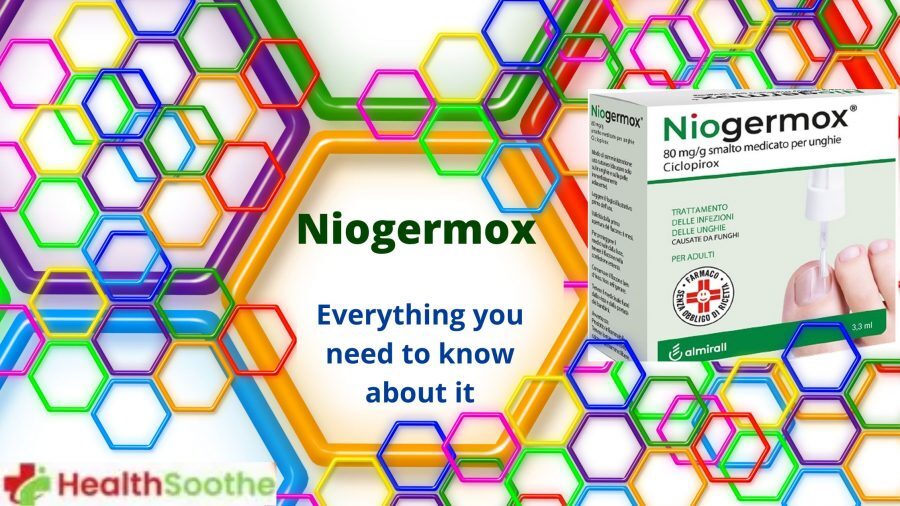For people with common skin types, several factors can trigger acne breakouts, such as stress, greasy foods, hormonal changes, and so on. However, for people with acne-prone skin, it’s more of a daily skin problem. What’s more, acne breakouts don’t only happen in the face, but they can also appear in other parts of your body, like your neck, chest, and backs.
In other cases, some would even have acne on their feet and palms, making them feel uncomfortable and sometimes feel itchy or painful. Acne can also affect their self-confidence since people with acne-prone skin are judged to be unhygienic. But the truth is, having acne-prone skin isn’t always about the lack of good hygiene practice, but it’s more on your genes, hormones and influenced by your lifestyle habits.
Thankfully, with the proper habits and skincare routine, you can keep those breakouts at bay. For your guide, here are seven daily habits to adapt to improve your acne-prone skin and boost your confidence along the way.
Cleanse Your Skin Regularly
The very essence of every skincare routine is to keep your face clean. Through deep cleansing, you can keep your skin free from sweat, dust, dirt, and makeup, which could trigger acne breakouts. Cleansing your skin is not only about using water and soap. Since acne-prone skin is often sensitive to skin products, you need to ensure you’re using the right skin cleanser that’s not too drying or harsh. You may check out a discount pharmacy or a skincare store, so you’ll have plenty of skincare products to choose from. Lastly, it’s recommended to cleanse your skin at least twice a day, in the morning and before bedtime.

2. Don’t Stop Exercise
Despite having acne-prone skin, don’t stop your physical exercises. Many people with acne-prone skin tend to quit doing exercises because sweat can only worsen their condition. But the truth is, regular exercise will help unblock your pores through the secretion that your skin produces. However, make sure to wash and clean up yourself right after your workout to ensure that sweat won’t have any time to dry back into your skin.
3. Eat Anti-Acne Foods
Aside from avoiding greasy, fatty, and oily foods which can lead to acne breakouts, there are also certain foods that you can eat regularly to prevent acne inflammation. These foods may include blueberries, almonds, kidney beans, and avocados. It’s also vital that you feed more on fruits and veggies and stay away from fast foods and processed meals. These anti-acne foods will make your skin less prone to sudden acne breakouts.
4. Get A Few Minutes Of Sun Exposure
Too much sun may harm your skin and cause you to sweat excessively. But ample sun exposure can do wonders for your acne-prone skin. You can get vitamin D from the sun, which is beneficial in strengthening your bones. Moreover, even 10-15 minutes of sun exposure can treat acne symptoms by drying out the sebum. Just make sure you don’t stay out too long to avoid skin dehydration and blocked pores.
While you’re out under the sun, it’s best to use sunblock protection with SPF-30 to protect your skin from harmful ultraviolet (UV) rays. Lastly, never use sunbeds as their artificial UV rays can severely damage your skin and worsen acne issues.
5. Treat Water As Your Best friend
You already know how water is essential for your body and organ functions. It also plays a role in your acne breakouts by boosting your sebum production. If you’ve noticed, teens and young adults going through hormonal changes often encounter acne issues.
Thankfully, regular water intake will keep your body organs in optimal function and eventually keep your hormone production under control. So, manage to drink at least two liters of water a day or more if you’re actively exercising.
6. Avoid Multiple Showers
Aside from damaging and drying out your hair, showering multiple times a day or consecutively in a week can also damage your skin. Over-washing will only irritate your skin and lead to acne inflammation. If you’re scheduled to shower today, make sure to do it only once. Meanwhile, if you’re not going to shower for the day, cleansing your face would suffice to keep dirt at bay.
7. Hands Off
It can be tempting to break and poke your spots, especially during an acne breakout. However, touching them will only worsen your acne issues. Your hands could bring new bacteria around, break the pores, and lead the bacteria to spread and cause more inflammation. So, always remember to keep your hands off your face, especially during an acne breakout, and proceed to your usual skin cleansing routine.
Takeaway
Acne breakouts can be a real annoyance and frustration to deal with regularly. But with the proper lifestyle habits and suitable skincare routine, you can ensure that acne and other skin issues are less likely to occur, regardless if you have acne-prone skin or not.
Additional reading:
- Natural Ways To Revitalize Your Facial Skin And Hair
- 9 Benefits of Sea Water: Full of Minerals and Notable Skin Healing Properties.
- How To Get Fresh And Glowing Skin: Top Tips From Dermatologists
- Five Age-Defying Tips to Turn Back the Clock On Your Skin
- 6 NEOGEN Must-haves to Solve Your Skin Issues
- Why is My Skin Constantly Breaking Out?




